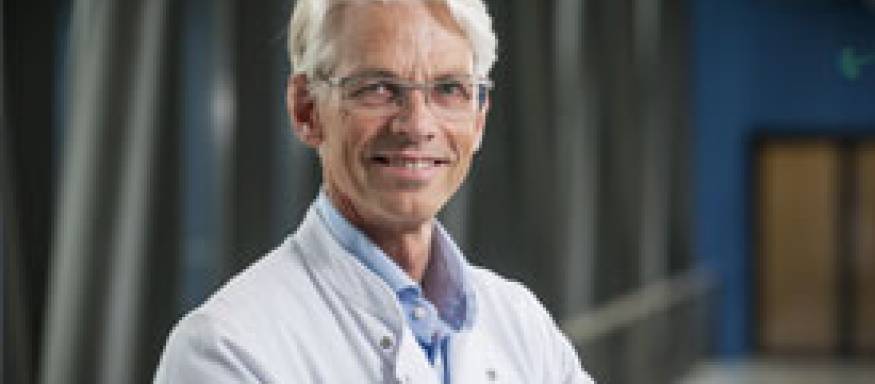
Ton Rabelink receives ERC Advanced grant for research into kidney repair
Ton Rabelink receives an ERC Advanced Grant worth 2.5 million euros to continue his research into repair of kidney damage. With the subsidy, Rabelink, in collaboration with the LUMC Center for Proteomics and Metabolomics, will gain new insights into the role of metabolism in this repair. Thanks to these insights, new treatments can be developed in the future that improve kidney repair.

New perfusion method keeps donor kidney alive longer
Researchers from Leiden University Medical Center (LUMC) have developed a new method to keep donor kidneys alive outside the body for longer. The new method, published in Nature Communications, offers opportunities to renovate rejected donor kidneys outside the body in the future and thus make them suitable for transplantation. The research can therefore contribute to expanding the donor pool and the treatment of more patients with severe kidney failure.
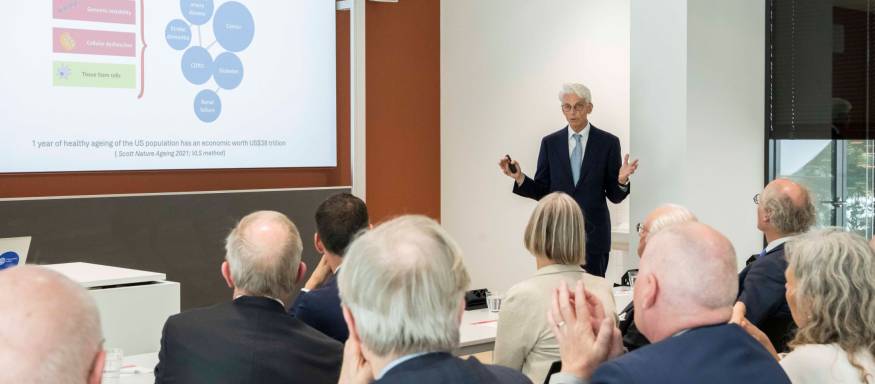
Swedish King hears about Regenerative Medicine at LUMC
Collaboration in the field of drug development and health research. With that goal in mind, a Swedish delegation, including His Majesty King Carl XVI Gustav of Sweden, visited the Leiden Bio Science Park on 14 May. At the LUMC, the King visited Professor of Internal Medicine Ton Rabelink and his team. The professor showed their research into cell and gene therapy.
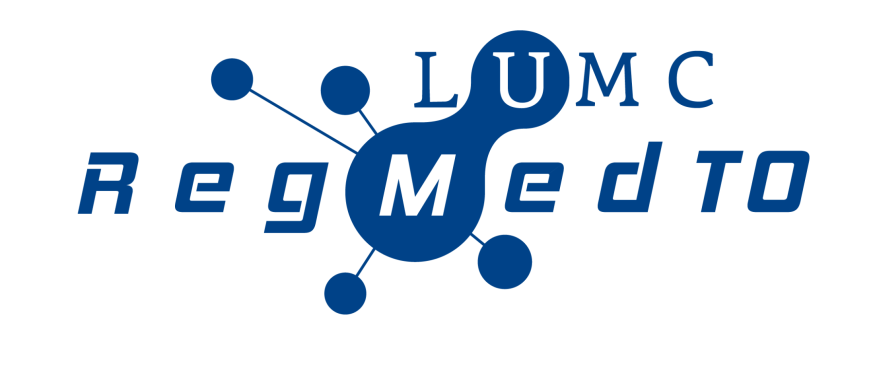
We have a LinkedIn page!
Do you want to stay updated on the activities in the area of regenerative medicine from the LUMC and our partners? Make sure to follow us on LinkedIn!
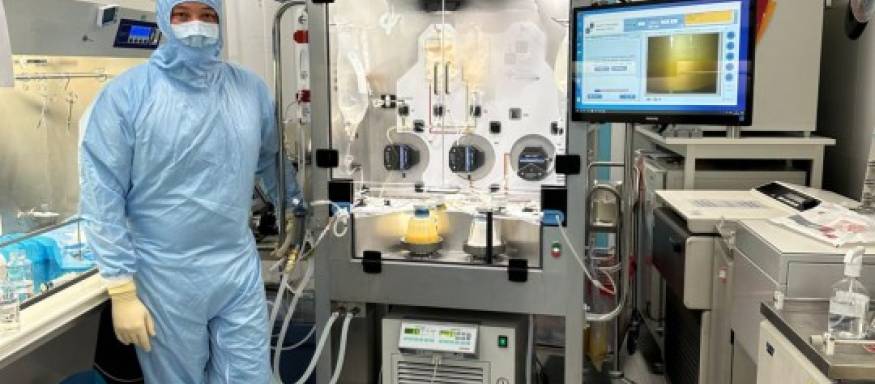
PRISM technique used for the first time in islet transplantation
The LUMC has performed an islet transplantation for the first time using a new technique. This PRISM technique enables automated and standardized isolation of insulin-producing cells from donor pancreases. This makes isolation faster, more reliable and less labor-intensive. In the future, this could lead to islet transplants becoming available to a larger group of patients with Type 1 Diabetes.
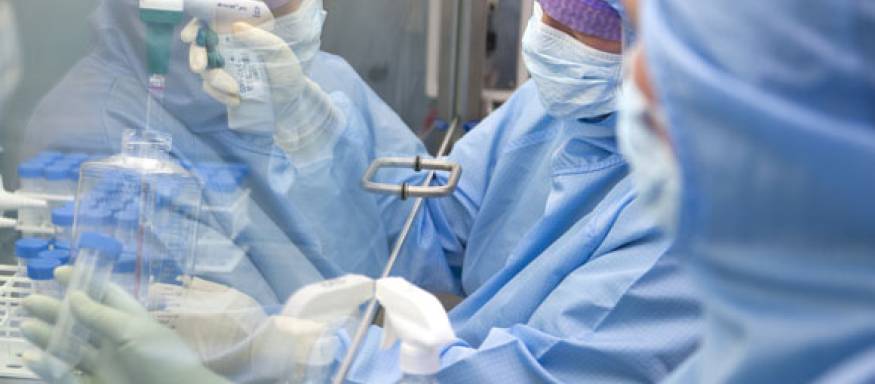
New cell therapy at LUMC
A new, innovative cell therapy has recently been performed in the LUMC Transplantatie Centrum in a patient that previously received a kidney transplant. The therapy consisting of regulatory T-cells aims to prevent donor organ rejection and reduce the use of immune suppressive drugs that have many side-effects.
The treatment is part of a multicenter first-in-human trial.
Read more on this page (only Dutch)
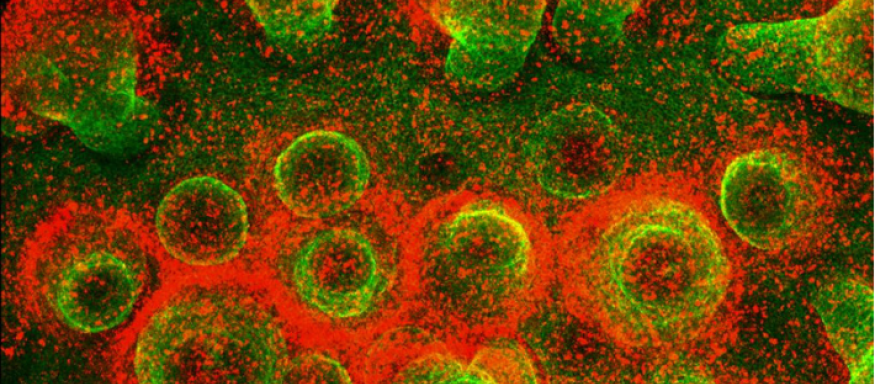
Leiden researchers study mpox infection with artificially grown skin
Scientists from the LUMC and Erasmus MC have shown that skin organoids are very suitable for studying the mpox virus, or monkeypox virus, and for testing new treatments. The mpox virus behaves in skin organoids almost the same as in real skin.
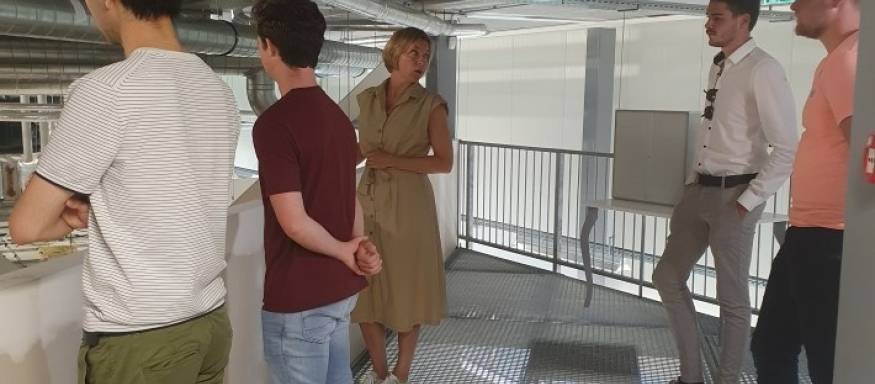
New Master’s course ‘Practical Aspects of Quality Management in Pharma and
With your master's degree, you can immediately meet the needs of the industry. The new course Practical aspects of Quality Management in Pharma and Biotech provides for this. The LACDR and LUMC have set up the course together with the Biotech Training Facility, located at the Leiden Bio Science Park. The first students have now started.
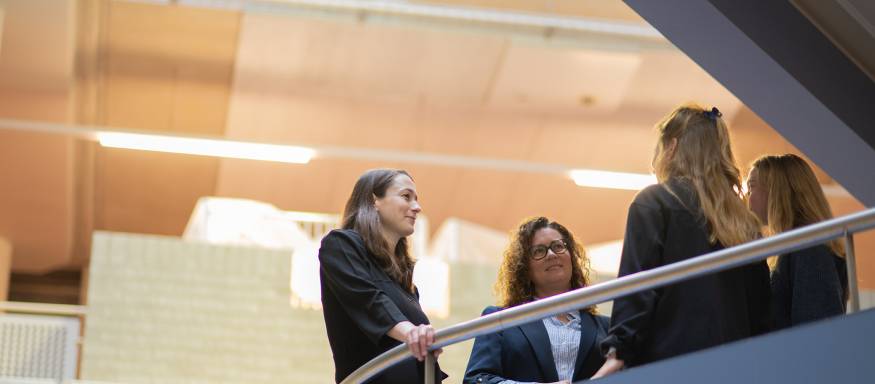
Research into the legal and ethical frameworks of regenerative medicine
Collaboration pays off. The Netherlands Organisation for Scientific Research (NWO) has awarded €142,500 for a joint project between the LUMC and the Faculty of Law. This grant will allow research into the legal and ethical frameworks of regenerative medicine in Leiden to progress.
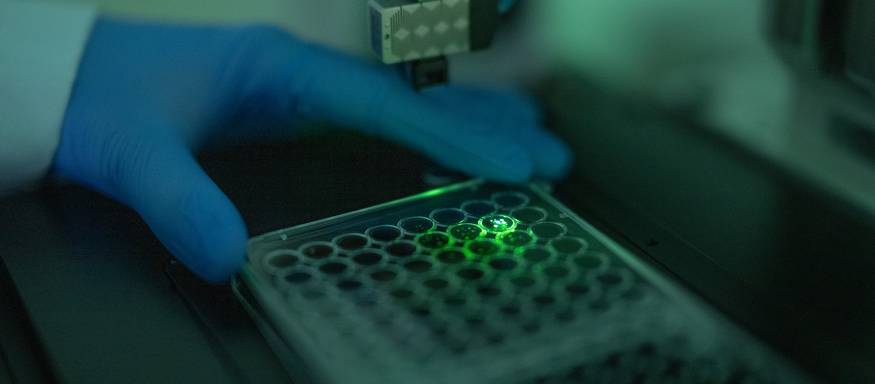
Researchers develop new technique to modify DNA
Introducing large pieces of DNA to specific locations in the genome. This used to be a major challenge. A new technique developed by Leiden researchers, STRAIGHT-IN, now overcomes this hurdle. The technique makes it easier to study healthy and diseased tissues in the lab and to test medicines.

First patient successfully treated with new stem cell gene therapy
Researchers at Leiden University Medical Center (LUMC) have successfully treated a baby with the serious congenital immune disease SCID with stem cell gene therapy. An important milestone: it is the first stem cell gene therapy from the Netherlands to be administered to a patient and the first worldwide for this form of SCID. Thanks to this therapy, the disease has been cured and the patient is doing well.
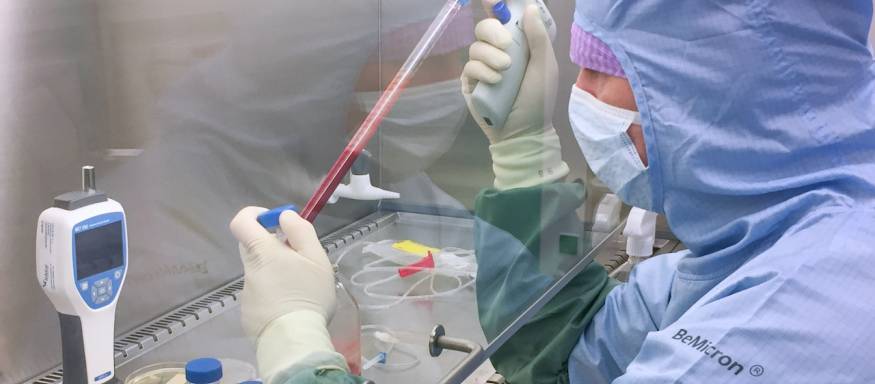
A boost for regenerative medicine
The Leiden University Medical Centre (LUMC) will collaborate with the University of Copenhagen and the Murdoch Children's Hospital in Melborne to give regenerative medicine a boost. These three groups received 300 million Euro from the Novo Nordisk Foundation. The aim of this international consortium is to translate stem cell research from bench to bed for the benefit of patients.
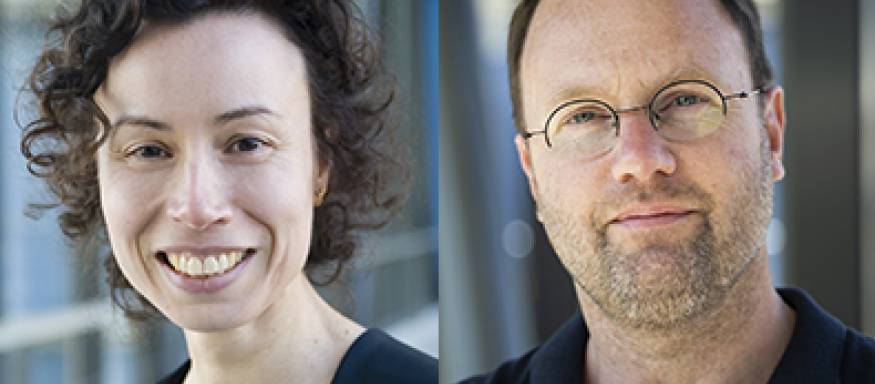
7 million euros from ZonMw for research into early human development
Two research projects led by LUMC researchers have been granted a total of 7 million euros by ZonMw. Professor Niels Geijsen will, together with researchers from other institutes, create a model system that can be used to study the development of human organs. Professor Susana Chuva de Sousa Lopes aims to make sperm and egg cells from human stem cells. The projects will lead to a better understanding of human development and severe hereditary diseases.
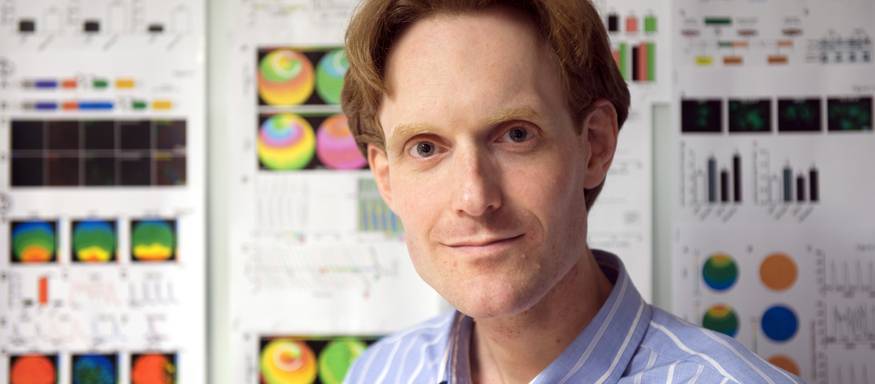
Pearl for research on the heart as a defibrillator
On June 10, Dr. Daniël Pijnappels (LUMC) received a Pearl for his research into the heart as a defibrillator. It started with the hunch that the heart itself should be able to stop an arrhythmia. Partly thanks to a ZonMw subsidy, this has now been achieved in laboratory animals: the heart restores a healthy heart rhythm with self-generated electricity.
Professor Christine Mummery Lefoulon Delalande laureate 2021
The Grand Prix 2021 of the foundations of the Institut de France took place on 2nd of June. The prestigious scientific prize of € 600,000 was shared equally between Christine Mummery and Gordon Keller of the McEwen Stem Cell Institute. Both researchers have been recognized for their work concerning the production of different types of cardiac cells from pluripotent stem cells, as well as their application as in vitro models to study human heart disease and drug treatments.
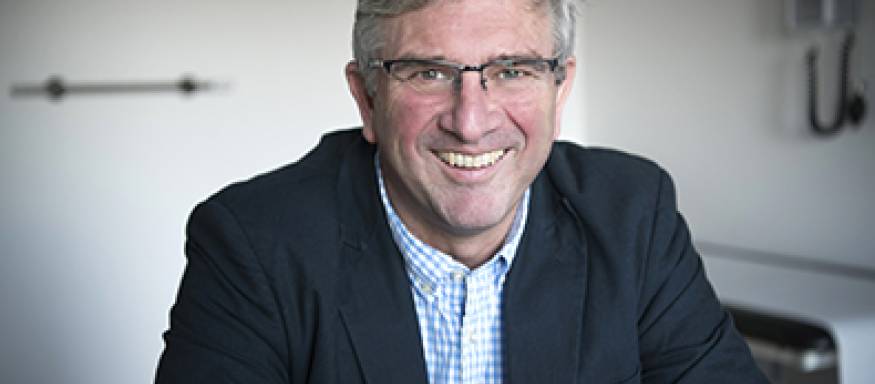
LUMC and Ixaka start collaboration to advance cell therapy development
The Leiden University Medical Center (LUMC) and Ixaka Ltd. have announced a research collaboration on 30 March 2021, to better understand REX-001, Ixaka’s lead cell therapy product. The project will be led by Professor Paul Quax, Head of Experimental Vascular Surgery at the LUMC, to support accelerated development of REX-001 in Phase III clinical trials for the treatment of chronic limb-threatening ischemia (CLTI).
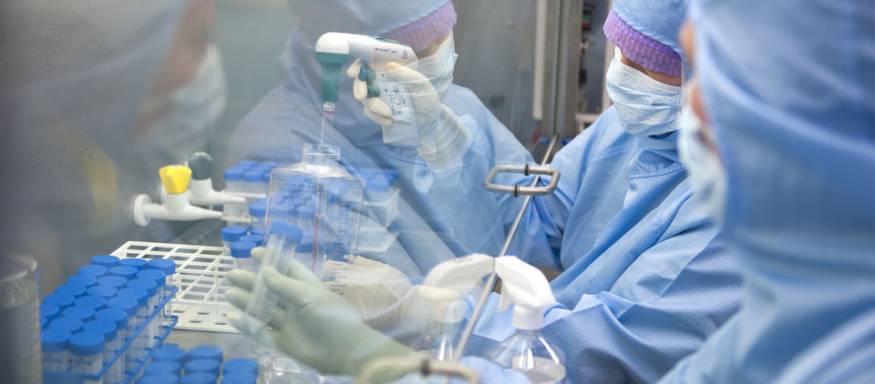
LUMC will administer first Dutch stem cell gene therapy to patients
Researchers and clinicians at LUMC have developed a new form of stem cell gene therapy for the innate immune disease SCID. The gene therapy aims to correct the genetic error in patient's stem cells. The clinical study is about to begin. This is a real milestone as it is the first time a stem cell gene therapy developed in the Netherlands will be used in the clinic. The therapy can offer a solution for patients across Europe.
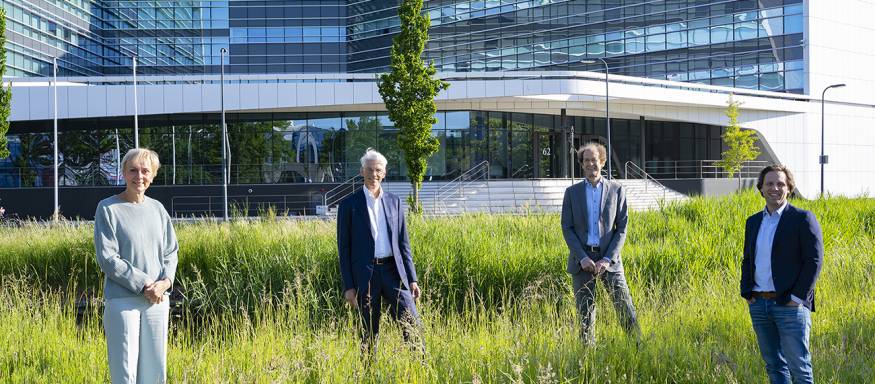
Leiden receives 17 million euros for development of regenerative medicine
On April 9, the Cabinet announced that RegMed XB will receive a maximum of 56 million euros from the National Growth Fund for a regenerative medicine pilot plant. From the grant, 17 million euros will be allocated to the Netherlands Center for Clinical Advancement of Stem Cell & Gene Therapies (NecstGen) and the stem cell and organ-on-chip (iPSC & OoC) hotel at the LUMC. NecstGen and iPSC & OoC focuses on developing stem cell therapies and technologies for chronic diseases.
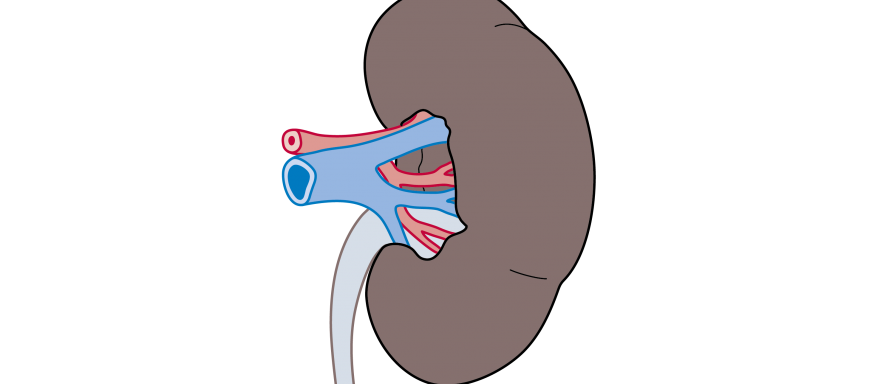
LUMC scientists receive 1,2 million euros for kidney research
Five talented researchers will receive a Dutch Kidney Foundation grant for their scientific research. The regenerative research topics vary from gene therapy for Alport's Syndrome to use of organ-on-chip models for drug development in cystic kidney disease. The regenerative kidney studies of the LUMC scientists vary widely.
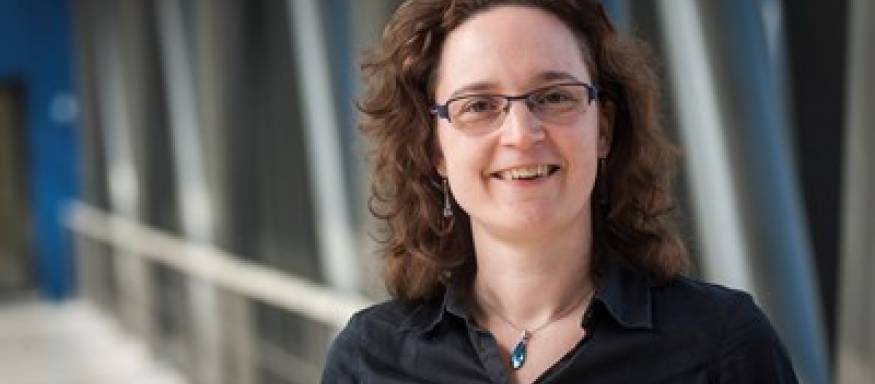
Ammodo Science Award 2021 for Leiden professor Annemieke Aartsma-Rus
Annemieke Aartsma-Rus has made an important contribution to research in Duchenne muscular dystrophy. Patients with this serious hereditary muscle disease lack the protein dystrophin, because the gene code for dystrophin is unreadable. Thanks in part to the fundamental pioneering work of Aartsma-Rus, an exon skipping therapy is now available in the USA and Japan that can make the genetic code readable again. This can slow down disease progression for Duchenne patients.
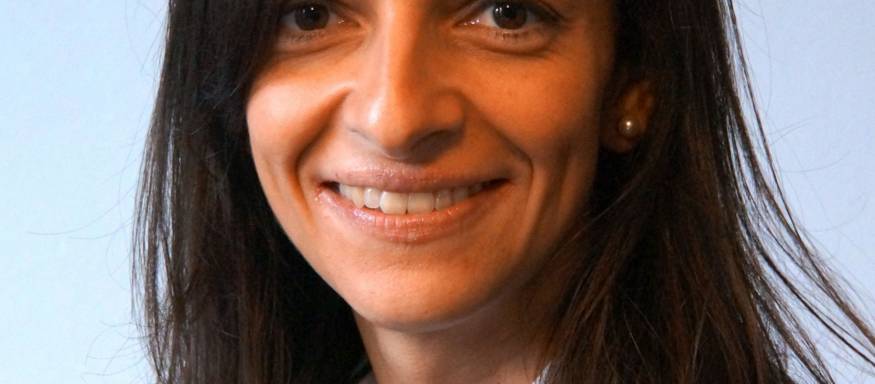
Milena Bellin receives ERC Consolidator grant for 3D mini hearts research
LUMC scientist Milena Bellin receives 2 million euros from the European Research Council (ERC). With this Consolidator grant she will investigate human cardiac diseases using mini hearts made from stem cells. The aim is to improve this model so that it can be used to determine the cause of complex heart diseases. And ultimately help in the development of new therapies.
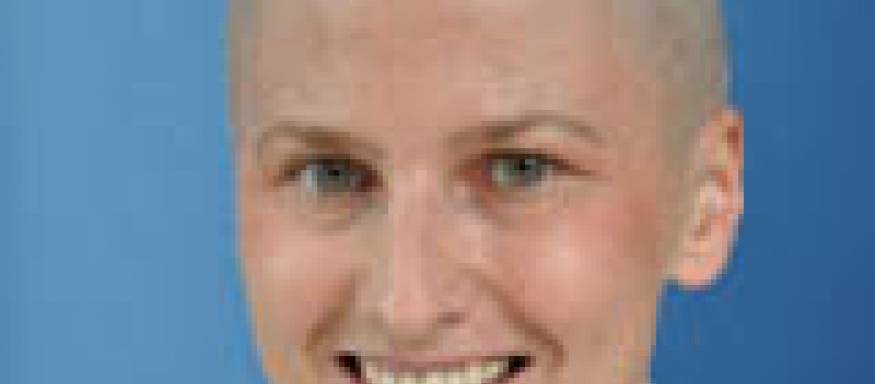
Valeria Orlova receives 5 million euro grant from the Dutch Research Agenda
Dr. Orlova leads a consortium developing immunocompetent human Organ-on-Chip models with integrated lymph drainage for drug discovery and testing (LymphChip). The LymphChip consortium will receive a total of almost 5 million Euros from the Dutch Research Agenda Research on Routes by Consortia (NWA-ORC) for this purpose. With the contribution from the patient organizations, foundations and companies the total amount comes to 5.6 million Euro.
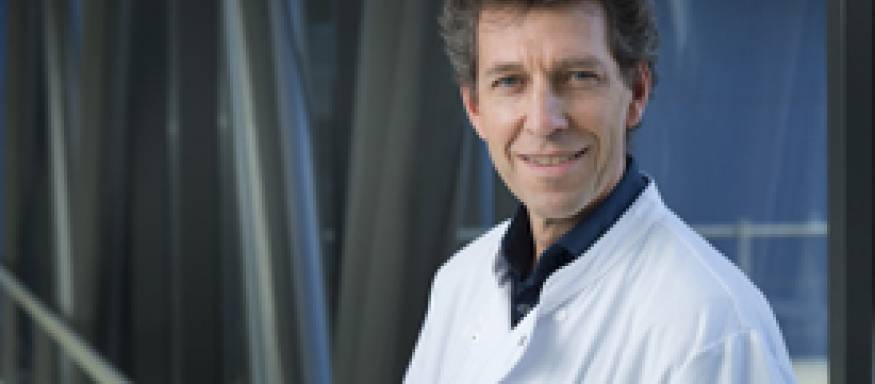
LUMC guest appearances on national television November 24th on muscle disease
On Tuesday, November 24, Time for MAX at 5.10 pm on NPO 1 will be entirely devoted to muscle diseases. In the Netherlands, 1 in 80 people has a muscle disease. Besides patients and their family members, guests are also professor of developmental biology Niels Geijsen (LUMC) and professor of muscle diseases Jan Verschuuren (LUMC).
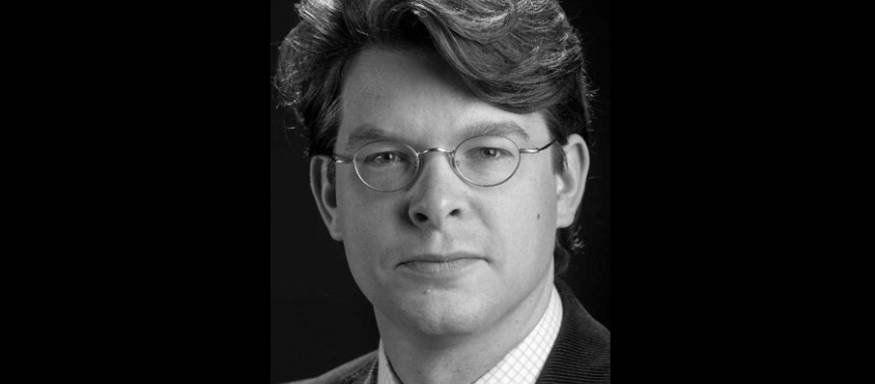
Vidi-scholarship for Maaike van Putten and Camiel Boon
Maaike van Putten will study cultured human brain cells and investigate how the absence of dystrophin leads to behavioral and learning problems in patients with the hereditary muscle disease Duchenne. Professor Camiel Boon will research gene therapy for the eye disease, X-linked juvenile retinoschisis (XLRS), which can cause blindness in children. More information.
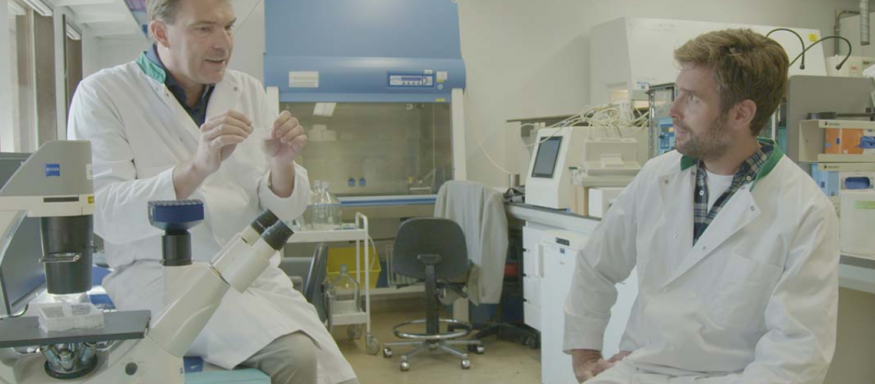
Marten Engelse on national television on regenerative medicine
Nick Schilder visits Marten Engelse at the LUMC to understand how organs can be cultured from human stem cells in the future. This has been broadcasted on national television (in Dutch) and can be viewed fom minute 21:40 onwards.
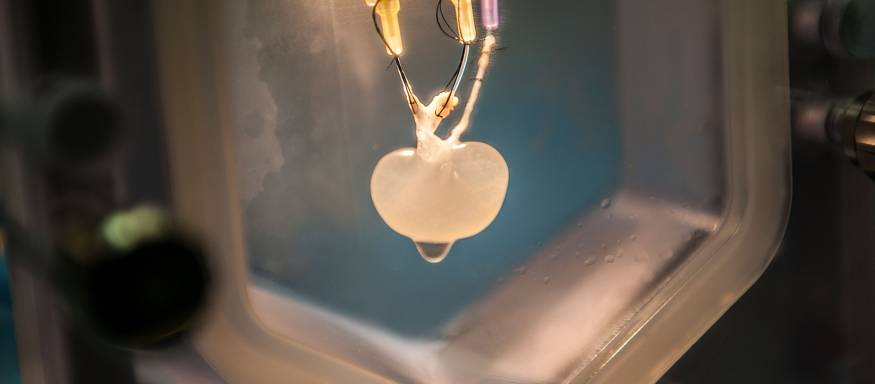
Prof. dr. Alwayn on national television on transplantation research
The new Dutch Donor Act was introduced on July 1st this year. An important step for people who have been waiting for a suitable donor for years. But Tom Oostrom, director of the Kidney Foundation, explains in Tijd voor MAX: Kidneys are of vital importance (inDutch) why more is needed.
Berend van Meer wins Hugo van Poelgeest prize
Berend van Meer (LUMC) measures the electrical activity, calcium flux and contractility of human heart models to determine the risks of heart medicine. With his research he proves that replacemnet of animal testing is feasible.
In Dutch: gene therapy webinar with Rob Hoeben and Kees Melief, among others
Revisit, KNAW gene therapy webinar (in Dutch) with Kees Melief, professor internal medicine in particular immunohaematology, and Rob Hoeben, professor gene therapy from LUMC on the potential and risks of gene therapy. During the webinar four scientists discuss these questions and asses gene therapy now and in the future.
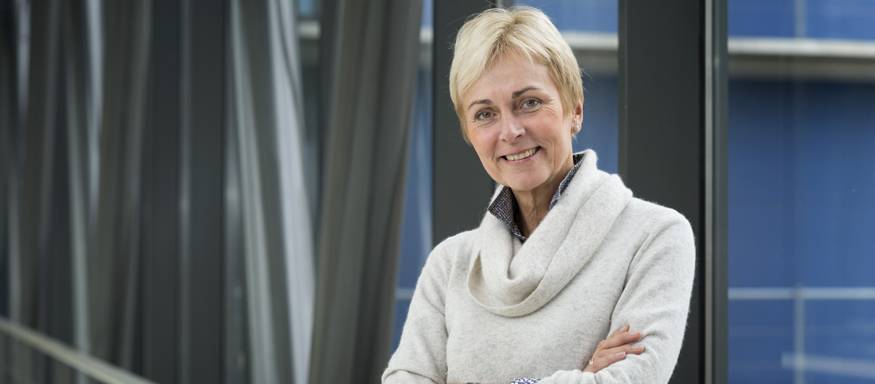
Christine Mummery takes the reins today as the new ISSCR President
Christine Mummery, Professor of Developmenta Biology at LUMC, became president of the International Society for Stem Cell Research (ISSCR) Board of Directors. “I am thrilled to take on this important role at such a pivotal time when we are all asking what is next as stem cell technologies continue to help biomedical science bring new therapies and cures to patients affected with serious diseases,” Dr. Mummery said.
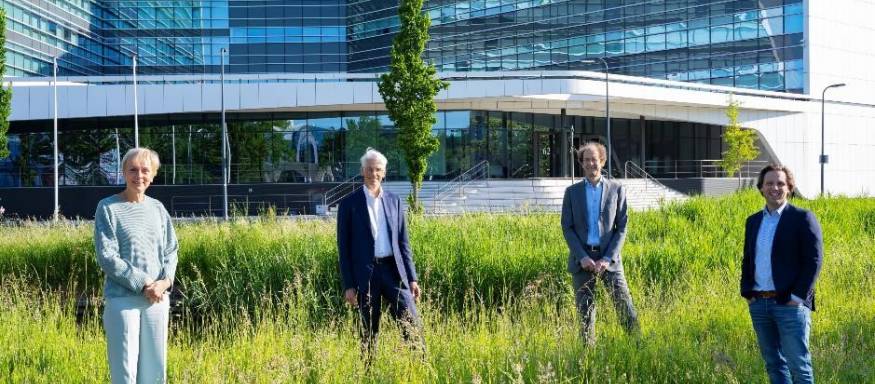
LUMC constructs the largest stem cell facility for the Netherlands and beyond
Leiden University Medical Center (LUMC) will start this year with the construction of the largest non-profit stem cell and gene therapy facility in the Netherlands, and one of the largest GMP-facilities in Europe. NECSTGEN, the Netherlands Centre for the Clinical advancement of Stem Cell and Gene Therapies, will be realised in Mirai house located at the largest Life Science and Health cluster in the Netherlands, the Leiden Bio Science Park of which LUMC is also part. Find press release here.
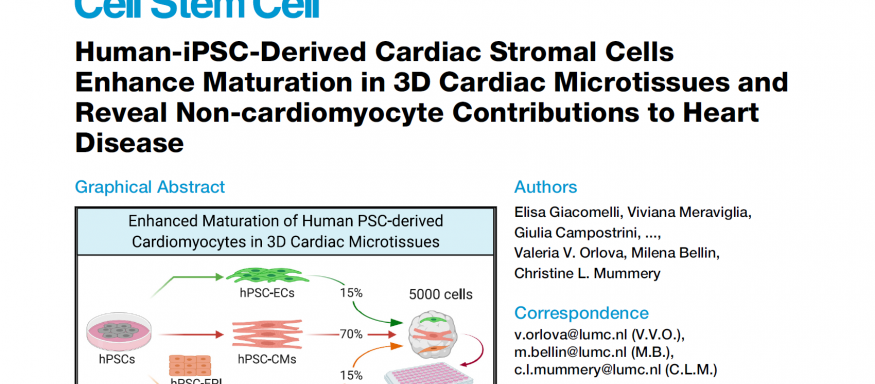
Scientists use beating 3D mini hearts to diagnose heart muscle disease
Orlova, Bellin, Mummery, and colleagues combined three hiPSC-derived cardiac cell types in 3D microtissues. Cardiomyocytes matured structurally and functionally. Replacing healthy hiPSCcardiac fibroblasts with patient fibroblasts recapitulated aspects of arrhythmogenic cardiomyopathy. Singlecell transcriptomics, electrophysiology, metabolomics, and ultrastructural analysis revealed roles for CX43 gap junctions and cAMP signaling in the tricell-type dialog. Check out Cell Stem Cell.
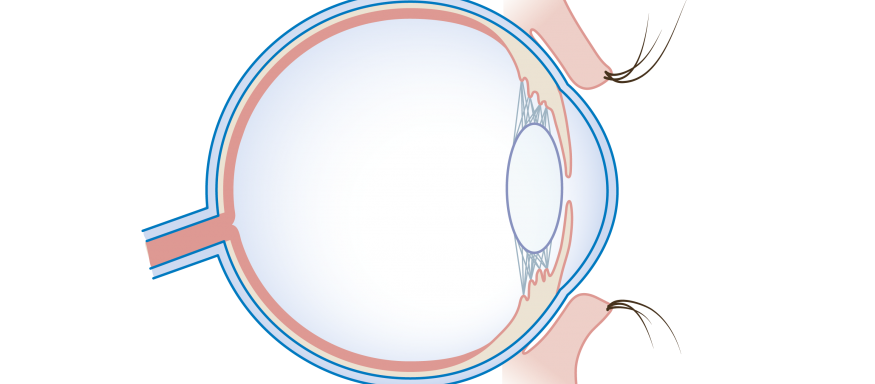
Collaboration with HORAMA to develop gene therapy for inherited eye disease
The LUMC has exclusively licensed its recently developed gene therapy program for the treatment of Hereditary Retinal Dystrophies to the French therapy developer HORAMA for further clinical development. This LUMC project was (partly) funded by the Leiden Regenerative Medicine Platform (LRMP), an organization whose mission is to bring new innovations in regenerative medicine closer to the patient.
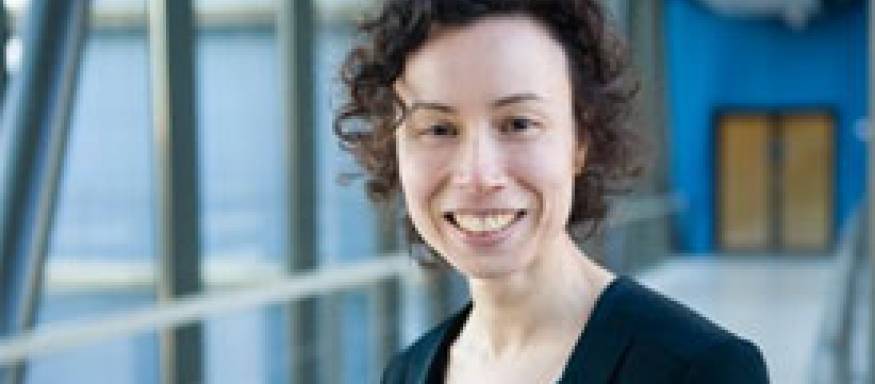
Newly appointed professor of Developmental Biology, in particular Human
Every woman should choose whether and when she wants to become pregnant. Prof. dr. Susana Chuva de Sousa Lopes therefore hopes, in the near future, to be able to grow fertile eggs for women who cannot have children now. As of 1 November 2019, she has been appointed Professor of Developmental Biology, in particular Human Development at Leiden University.
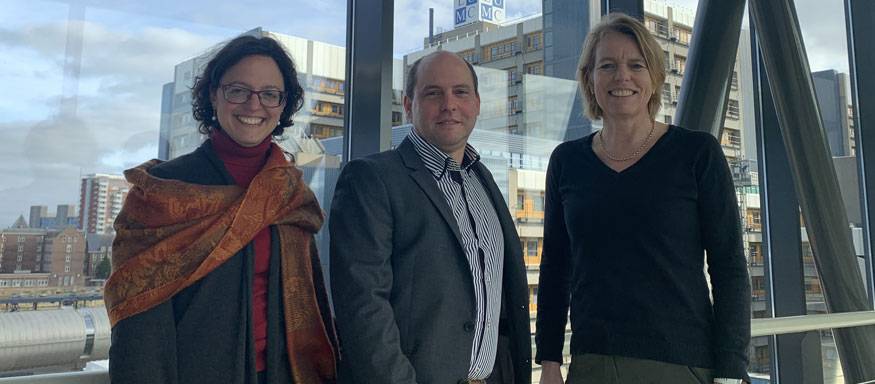
Boost for research into osteoarthritis treatment with stem cells
Funded by the EU Horizon 2020 programme the AutoCRAT project aims to develop ground-breaking and innovative scientific and engineering platforms for the production of advanced cellular therapeutics for use in the treatment of osteoarthritis and other major diseases. LUMC is a partner in the consortium with Prof Meulenbelt, dr Ramos and dr Ricondo involved to make this project a success.
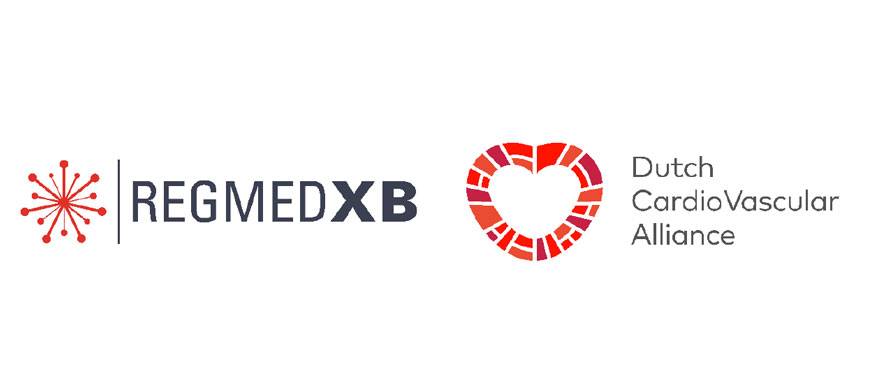
Fonds InvesteringsRijpe STarters’ (FIRST) officially launched
On February 13, during the Innovation for Health 2020 conference in Rotterdam, Focco Vijselaar, Director-General for Business and Innovation of the Ministry of Economic Affairs and Climate Policy, officially launched the ‘Fonds InvesteringsRijpe STarters’ (FIRST). FIRST is a joint early phase investment fund of the Dutch CardioVascular Alliance (DCVA) and Regenerative Medicine Crossing Borders (RegMed XB) with a total volume of 9.5 million euros.
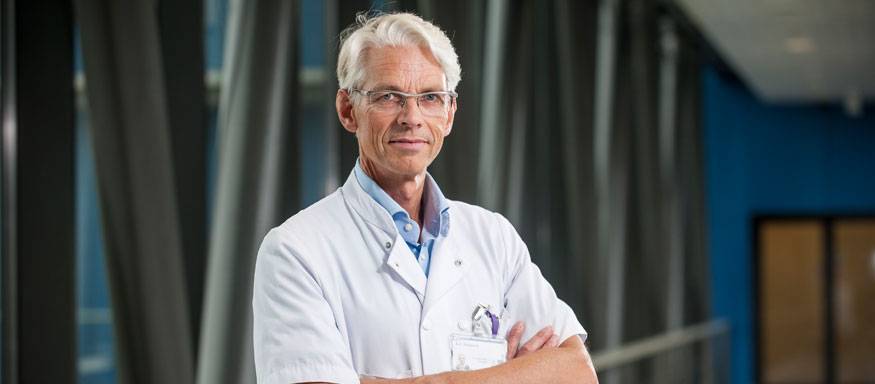
690,000 euro subsidy towards more successful kidney transplants
Through efforts of the Dutch Kidney Foundation the Rabelink group was granted 690,000 euro by the Vriendenloterij to work on the revitalised kidney. This fits well with the groups efforts in regenerative medicine with the ultimate aim to bring the bioengineered kidney to patients as a renal replacement option.
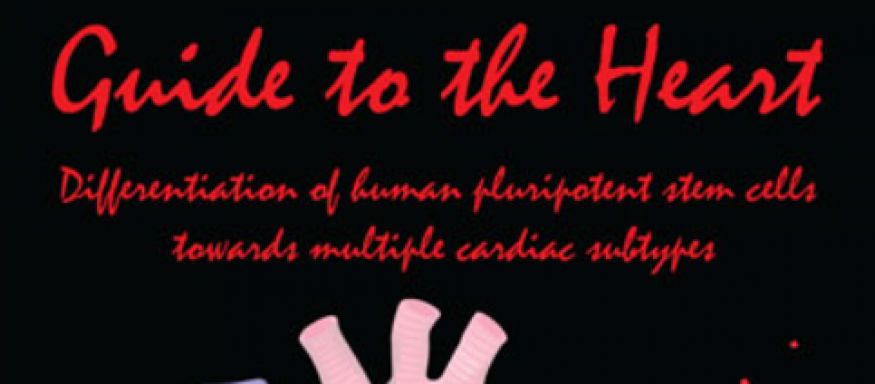
Fewer laboratory animals needed by drug research on cultured heart muscle cells
Researcher Verena Schwach developed a way to grow chamber and atrial cardiac muscle cells from human stem cells. This is useful, because fewer laboratory animals will be needed for research into new treatments for, for example, cardiac arrhythmias. Schwach defended her dissertation on January 15, 2020.
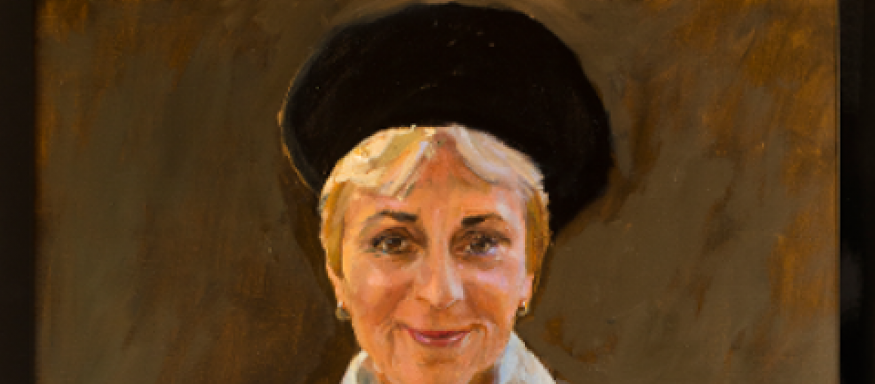
ERC Proof of Concept grant for Christine Mummery
She receives the grant to further develop research financed from her ERC Advanced Grant into a commercial application. Together with Berend van Meer (Anatomy and Embryology), she will further develop the Triple Transient Measurement (TTM) system, which they recently published in Nature Communications, for application by other researchers and pharmacists. The TTM system can be used to study the interaction between excitation and contraction of heart muscle cells. In this way the effect of
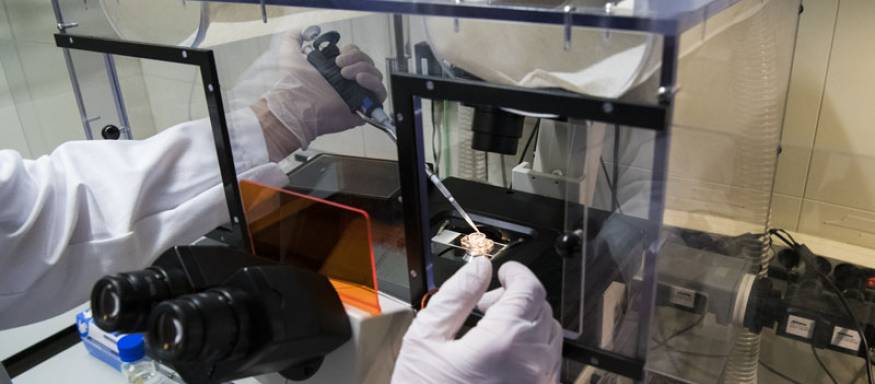
LUMC participates in EU project: model systems to evaluate immunotherapy
A significant challenge facing the development of new therapies in, for example immunnotherapy, is and remains their preclinical evaluation in terms of efficacy and safety. Therefore the LUMC takes part in the EU consortium imSAVAR that adressees this shortfall by coming up with new ways of examining immunomodulatory therapies.
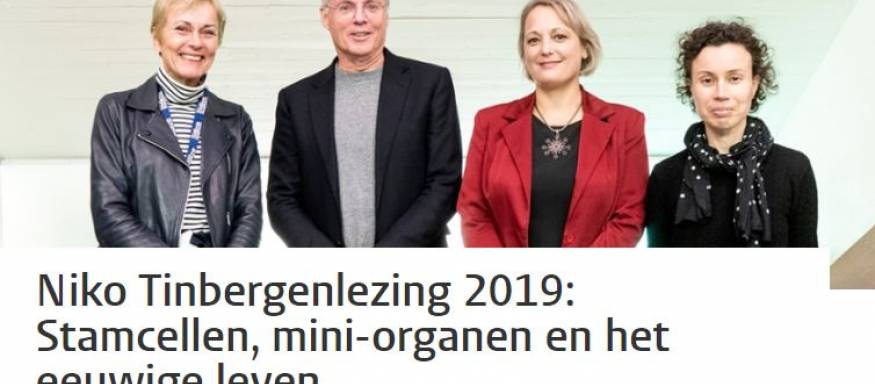
Niko Tinbergen lecture 2019: Stem cells, mini organs and eternal life
December 10th 2019, LUMC Professor of Developmental Biology Susana Chuva de Sousa Lopes presented at the Niko Tinbergen Lecture 2019. In addition, professor of Ultrastructure Biology Ariane Briegel of the Institute of Biology gave a presentation, followed by keynote speaker Hans Clevers. Read the report of these lecture on the website of University Leiden.

€8 million impulse for regenerative and cardiovascular medicine
A collaboration between Regenerative Medicine Crossing Borders (RegMed XB) and the Dutch CardioVascular Alliance (DCVA) will receive an investment of 8 million euros from the Dutch government to set up a new valorisation platform. This facilitates effective translation from excellent researchers and companies with the aim to bring new solutions from the fields of regenerative and cardiovascular medicine faster to the patient.
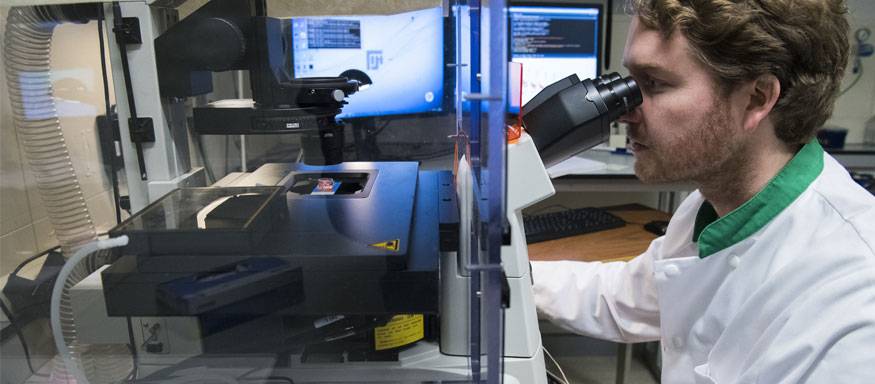
Researchers measure how the heart beats in a petri dish
Researchers at LUMC have for the first time succeeded in measuring the three most important physical features of a beating cardiac cell simultaneously in the laboratory. The ability to do so is essential for testing the effect of new drugs on the heart, for example.
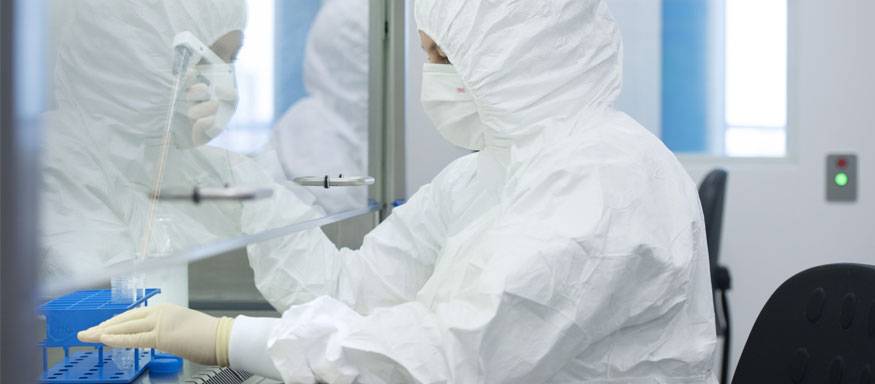
LERU: improve patient access to Advanced Therapy Medicinal Products
How can patient access to Advanced Therapy Medicinal Products (ATMPs) be improved at university hospital medical centres? In a new Briefing Paper the League of European Research Universities (LERU), including Leiden University, makes a number of recommendations.
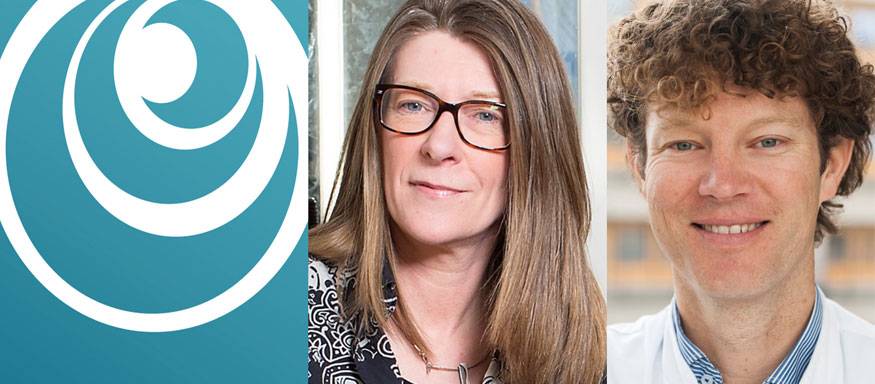
Grant for BK-virus test for kidney transplantation patients
LUMC-researchers Mariet Feltkamp (medical virologist) and Joris Rotmans (nephrologist) will work on a test, which can predict if kidney transplantation patients are at risk of infection with BK-virus. Currently it is impossible to predict which patients will suffer from this infection, which ultimately may lead to kidney failure. Supported by an NWO subsidy, and in close collaboration with the LRMP, a study will be performed on the user perspectives of a BK-test and its optimal application.
Francoise Carlotti receives € 1 million from DON and Diabetes Fund
Under the leadership of Dr. Françoise Carlotti, a study into Type 1 diabetes is starting at Leiden University Medical Center (LUMC). Insulin-producing beta cells are central to the study. In diabetic type 1 patients, these cells are attacked by the immune system, as a result of which the absorption of sugar in the body is severely disrupted for life. The research is made possible by a joint sum of 1 million euros from the Dutch Diabetes Research Foundation (DON) and the Diabetes Fund.
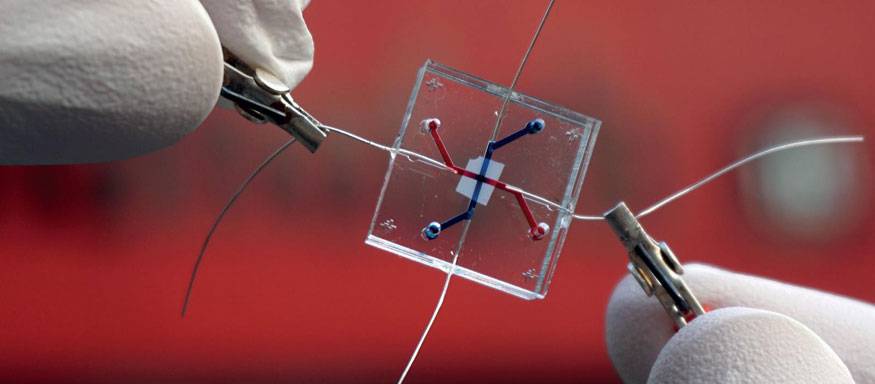
Millions awarded to organ-on-chip technology
Seven research projects on organ-on-chip technologies and related biomedical challenges have been awarded a total of 2.76 millions euros by Top Sector Life Sciences & Health. LUMC researchers are participating in four of the public-private projects.
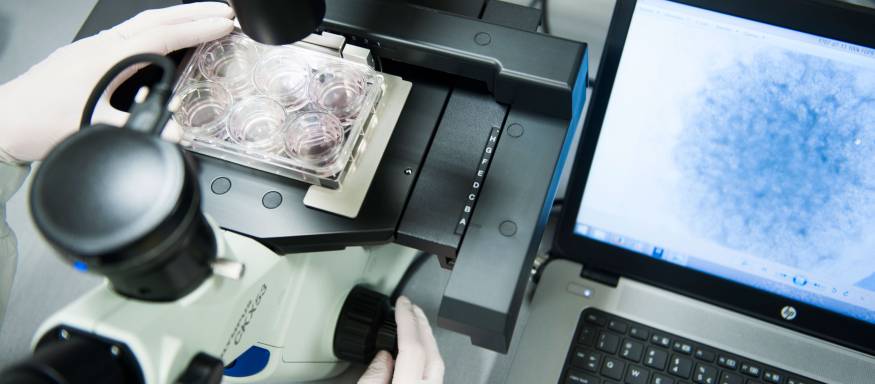
3D ‘bioprinted’ stem-cell tissue to treat kidney disease
Prof Little from Murdoch Children’s Research Institute (MCRI) and Prof Ton Rabelink from the Leiden University Medical Center will team up with biotech company Organovo to create a 3D bio-printed stem cell-based therapeutic tissue. The 3D ‘bioprinted’ stem-cell tissue could one day be used to treat end-stage kidney disease.
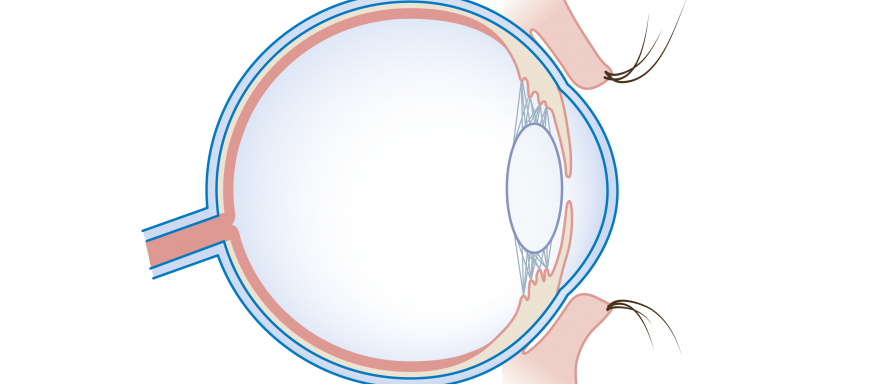
LUMC researchers culture retinas with night blindness
Researchers from the LUMC have succeeded in growing retinas from the skin cells of patients with retinitis pigmentosa (night blindness). They describe their findings in the scientific journal Stem Cell Reports.
Recomb - Developing Gene Therapies for Severe combined immunodeficiency
Recomb is a multi-stakeholder research consortium aiming to create a novel treatment for severe combined immunodeficiency (SCID) by conducting clinical trials using stem cell-based gene therapy for one of the most common type of SCID: RAG-SCID. LUMC professor Frank Staal coordinates RECOMB EU, which has received funding from the European Research Council (ERC) under the European Union’s Horizon 2020 research and innovation programme (grant agreement n° 755170).
Gene therapy with implanted LED device automatically corrects heart rhythm
Researchers at the Leiden University Medical Center (LUMC), in collaboration with Delft University of Technology, have found a way to reset a racing heart immediately and automatically by an implanted LED device. In the scientific journal Science Translational Medicine, they describe how their bioelectronic defibrillator works in the laboratory.
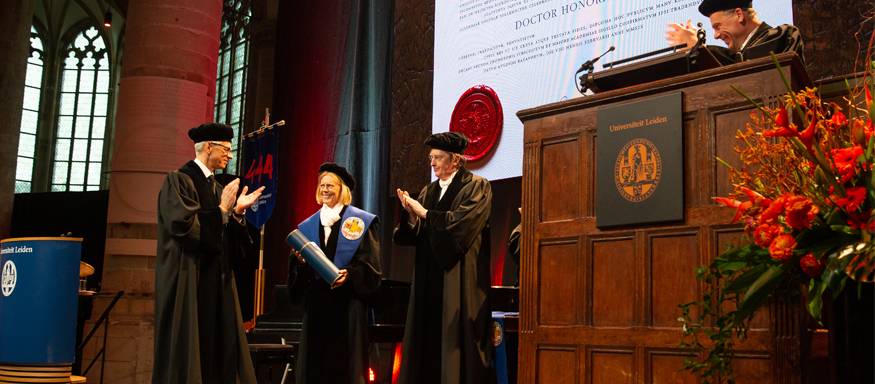
Honorary doctorate from Leiden University for stem cell biologist Melissa Little
On Friday 8 February 2019, the Australian stem cell biologist Melissa Little was awarded an honorary doctorate on the occasion of the Leiden University Foundation Day. She received the recognition for her pioneering work relating to regenerative therapy in the kidneys.
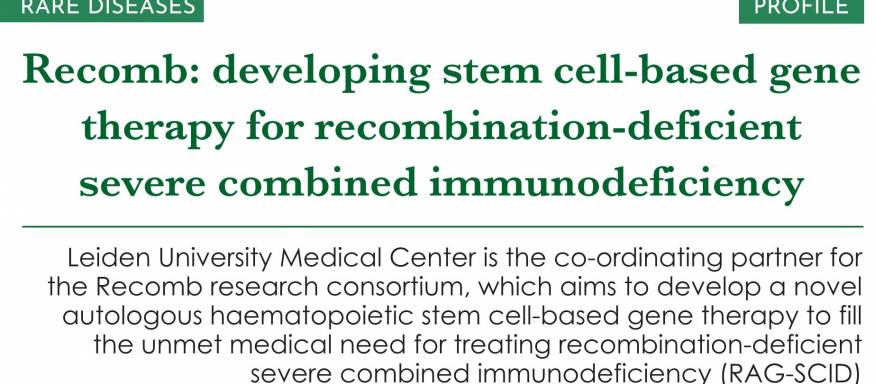
Update on the gene therapy work of prof. dr. Frank Staal
Read an update in Health Europe on the European Recomb consortium coordinated by LUMC.
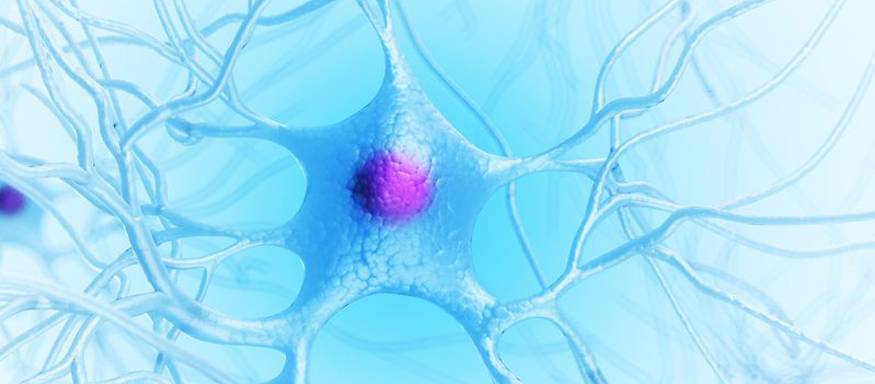
Gene therapy promotes nerve regeneration
Researchers at the Netherlands Institute for Neuroscience (NIN) and the LUMC have shown that treatment using gene therapy leads to a faster recovery after nerve damage. By combining a surgical repair procedure with gene therapy, the survival of nerve cells and regeneration of nerve fibers over a long distance was stimulated for the first time.
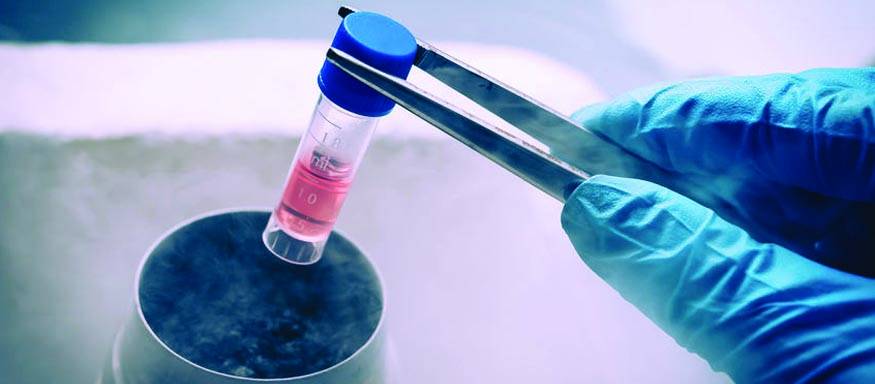
LUMC takes lead in construction of stem cell facility
Over the next few years, Leiden BioScience Park will become the site of a brand-new high-tech stem cell facility: the Netherlands Centre for the Clinical Advancement of Stem Cell Therapies (NECST). The facility will welcome researchers and start-up firms that are working to develop stem cell and gene therapy products.
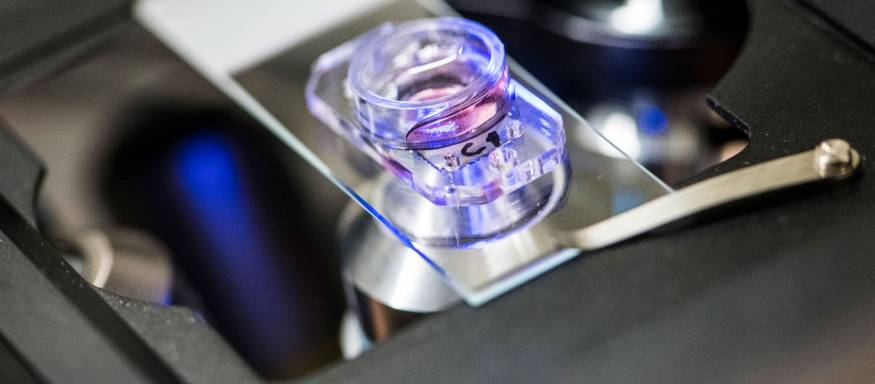
EUROoC network lays the foundations for joint European organ-on-a-chip research
Het LUMC will participate in EUROoC: a European research network to promote organ-on-a-chip technology. Organ-on-a-chip systems enable the recapitulation of human organ tissues on a very small scale.

‘Europe in danger of being out-innovated in regenerative medicine’
Europe is in danger of falling behind countries such as Japan and the US if there is not more flexibility in how new therapies are regulated, according to Ton Rabelink, professor of internal medicine and head of nephrology at the LUMC in Horizon, the EU Magazine for Research & Innovation. Read the interview.
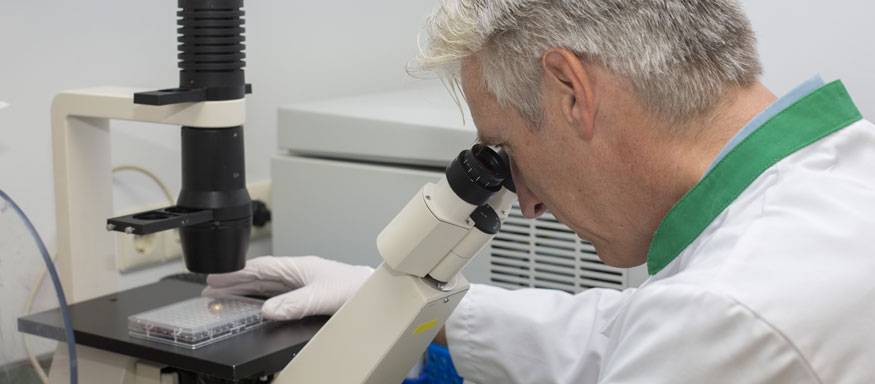
Scientists culture miniature pancreata as a new research platform
A team of scientists of the Hubrecht Institute and the Leiden University Medical Center (LUMC), led by Eelco de Koning, has been successful in culturing miniature organs from human pancreatic tissue. These miniature pancreata show many characteristics of developing pancreatic tissue, and are therefore suited as a new platform for studying pancreas regeneration and the development of insulin-producing cells.
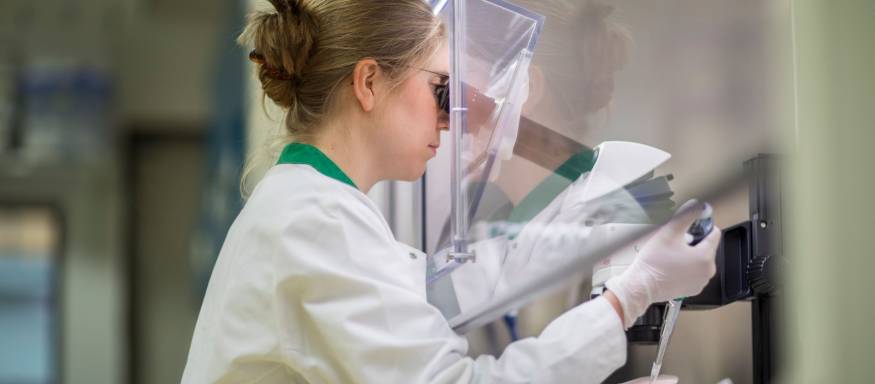
Transplantation speeds up development of cultured mini-kidney
Researchers from Leiden and Australia transplanted a mini-kidney under the kidney capsule of a mouse and saw that it grew into a more mature mini-organ, inclusive of blood vessels. They published their results in Stem Cell Reports.

Dutch researchers lead European organs-on-chips consortium in Europe
The Leids Universitair Medisch Centrum (LUMC) and Dutch organ-on-chip consortium hDMT are the leaders of an EU project that will be setting up a European infrastructure for the joint development, production, and implementation of organs-to-chips by the scientific and business communities. A total of six prominent European research institutes will participate in this project.
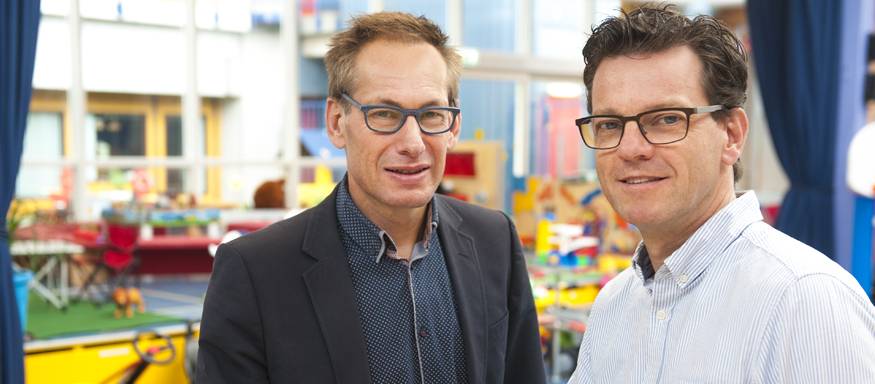
Millions for correction of stem cells of babies without immune systems
Babies whose immune systems do not function from birth are usually given stem cell transplants. An international research team led by the Leids Universitair Medisch Centrum is given 6 million euros from the European Horizon2020 programme for their research into a promising alternative: correction of the error in the DNA.

Almost 19 million euros for ‘organs-on-chips’
It may sound futuristic, but it is possible, nonetheless: creating miniature organs of patients to study how diseases develop and can be treated. This is what researchers of LUMC, Twente University (UT), UMCG, TU Delft, and the Hubrecht Institute want to achieve in the next 10 years with a Zwaartekracht subsidy of almost 19 million euros, which they recently received from science financier NWO.
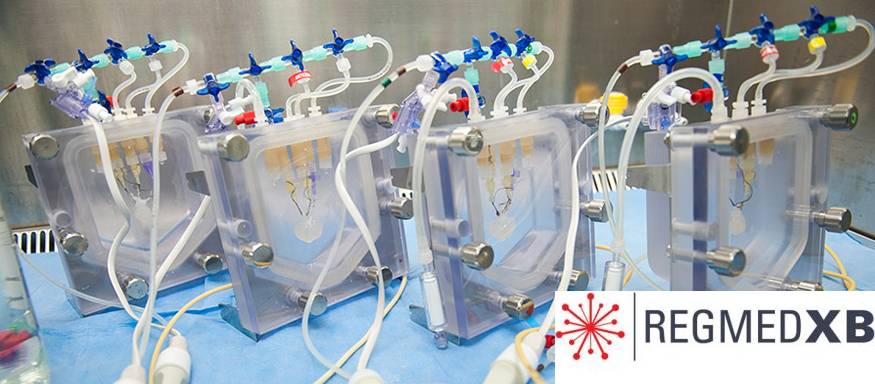
New collaboration in regenerative medicine started in LUMC
The kick-off of RegMed XB, a new collaboration for regenerative medicine, takes place on Thursday 30 March at LUMC. RegMed XB has great ambitions: a cure for patients with chronic disease, instead of the treatment of symptoms. Universities, medical funds, businesses, and the government will be working together, with a starting budget of 25 million euros and a plan to increase this to 250 million euros in the next 10 years.
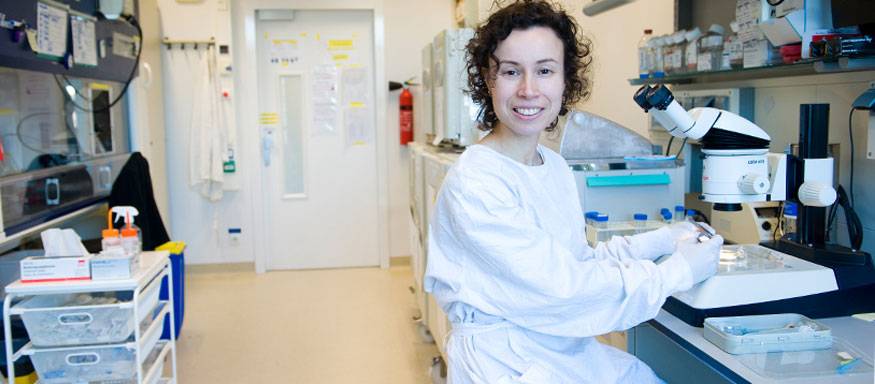
Large EU-subsidy to culture mini-ovary
Susana Chuva de Sousa Lopes wants to study development and maturation of the oocyte within the human ovary, to develop a artificial mini-ovary. Her proposal was rewarded with a ERC-grant of 2 million Euros for the next 5 years.

ERC Starting Grant for heart rhythm disturbances
LUMC researcher Dr Daniël Pijnappels received an European ERC Starting Grant of 1.5 million euros. He will use this grant to investigate how the heart can detect and correct disturbances in the rythm. Read his interview by the Horizon EU Research and Innovation magazine.
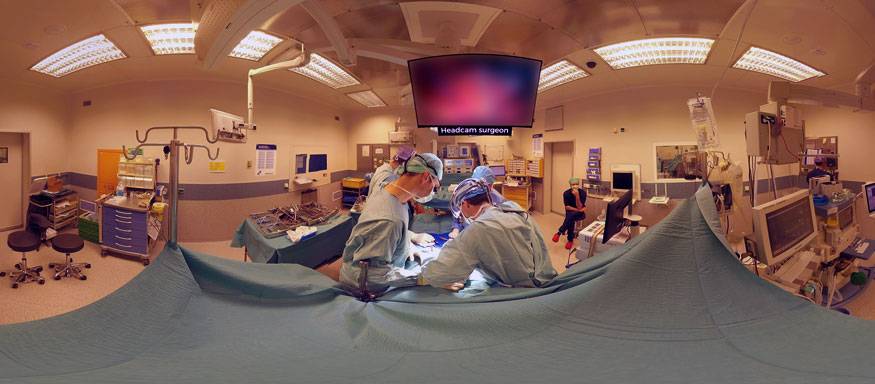
LUMC offers free online course on transplantation
The LUMC is the first medical institution in the world to offer a massive online open course (MOOC) on clinical kidney and pancreas transplantation. LUMC transplant experts developed the free English-language course in collaboration with Leiden University.
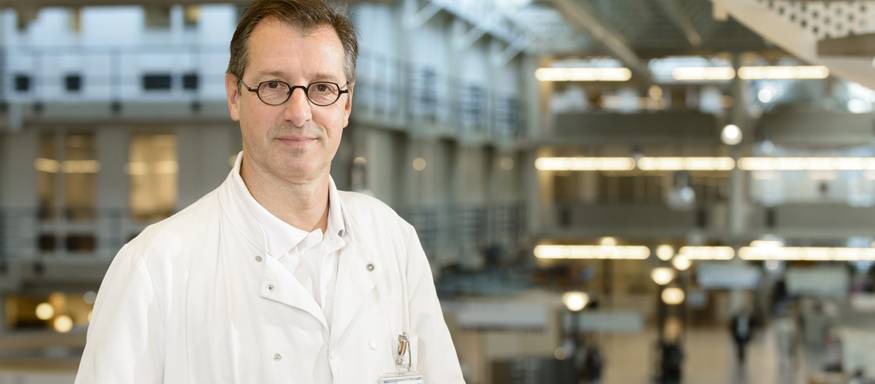
Major EU subsidy for the treatment of osteogenesis imperfecta in utero
The European Union makes 6.6 million euros available for research into the treatment of osteogenesis imperfecta before birth. In the coming years, the treatment will be tested on 20 children with the most severe form of this ‘brittle bone disease’. Prof Dick Oepkes will be carrying out the study.

Easier creation of heart cells from the patient’s own skin cells
In the lab, Prof Christine Mummery forms heart patients’ skin cells into stem cells. These are then matured into various types of heart muscle cells in a step-by-step process. However, until recently, the yield of cells was small and limited to ventricular cells and atrium cells. In Nature Biotechnology, the researchers describe how cell production can be scaled up significantly.
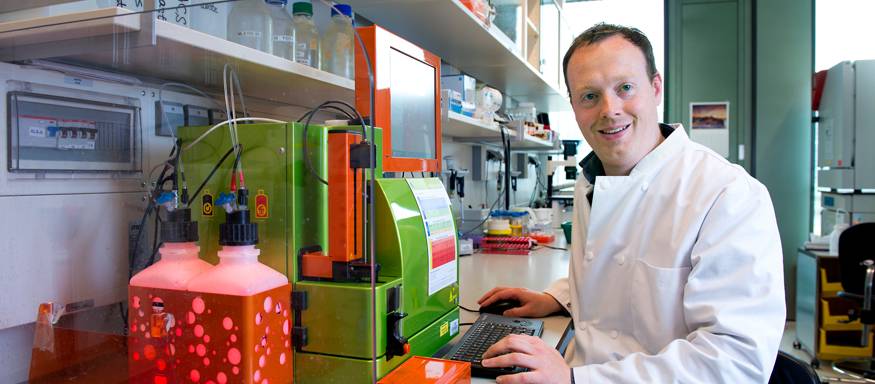
Stem cell researcher receives ERC Starting Grant
Richard Davis, researcher of the Anatomy and Embryology department, receives a prestigious ERC Starting Grant of 1.5 million euros from the European Research Council (ERC). He spends this money on the STEMCARDIORISK project, in which he studies cardiac arrhythmia with the help of stem cells.
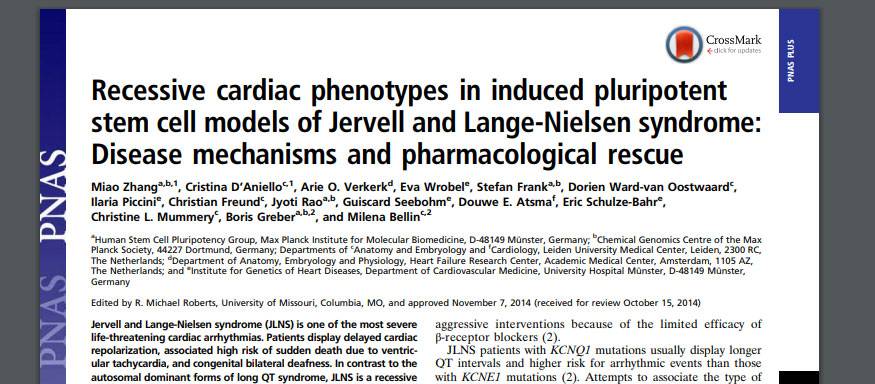
Stem cells offer more insight into rare sudden cardiac death
By growing stem cells of patients into heart cells, researchers have discovered how a rare syndrome can lead to sudden cardiac death. The next step is to test medication on these cells. This according to researchers, including Prof Christine Mummery and Dr Milena Bellin (Leids Universitair Medisch Centrum), in PNAS.
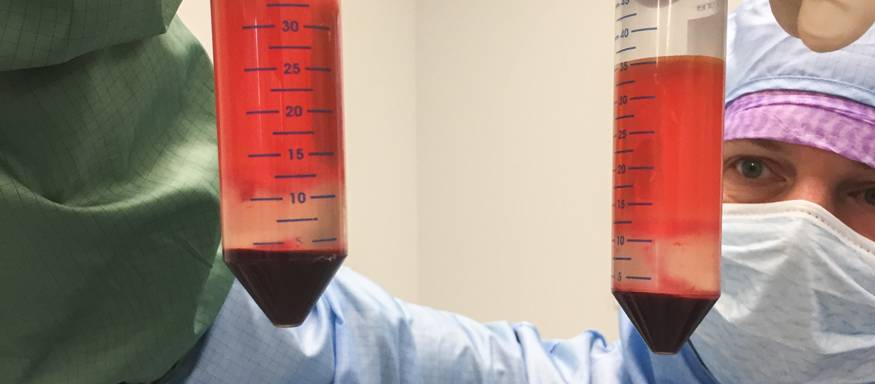
Stem cell injection proves beneficial after kidney transplant
Patients who receive donor kidneys seem to benefit from cells from their own bone marrow, according to researchers of the Leids Universitair Medisch Centrum in the scientific journal Stem Cells Translational Medicine.
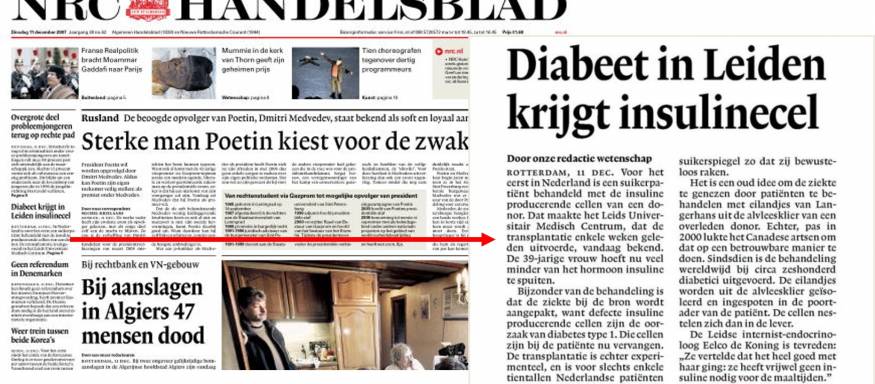
First transplantation of islets of Langerhans
Doctors at the LUMC were the first to transplant the islets of Langerhans, the region of the pancreas that regulates the blood sugar level. Another first in the Netherlands. This transplant helps diabetes patients who cannot regulate their blood sugar level by injecting insulin.
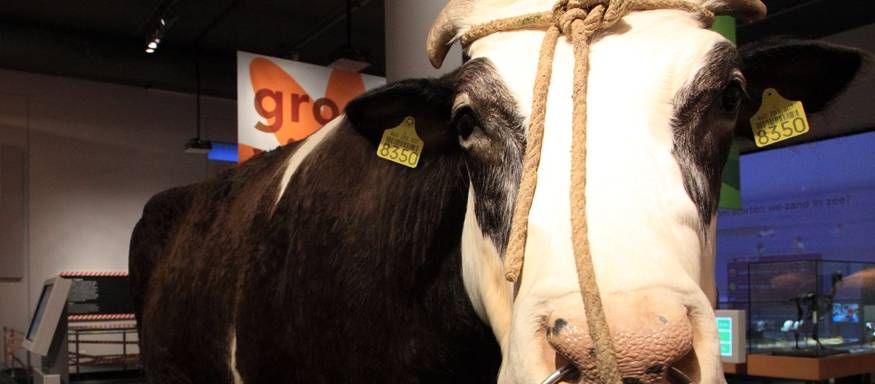
Herman the Bull
Herman the Bull sees the light of day. He is the first genetically modified bull in the world. (Photo by Urville Djasim)
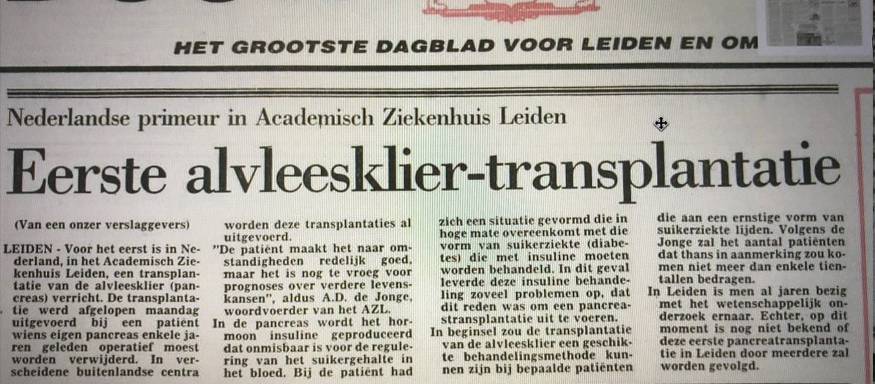
First pancreas transplantation in the Netherlands
At Academisch Ziekenhuis Leiden (now LUMC) doctors perform the first successful pancreas transplantation in the Netherlands.
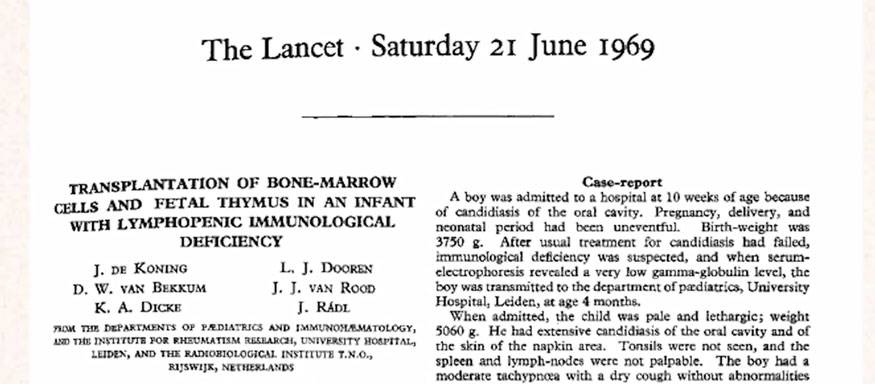
First successful stem cell transplant
Another first: doctors from Leiden perform the first successful bone marrow transplant on a child in Europe. A boy suffering from a congenital defect of the immune system is given bone marrow from his sister. Van Rood determines that brother and sister have exactly the same tissue type. The transplant is a great success. From that moment on, Van Rood is also involved in bone marrow transplants.
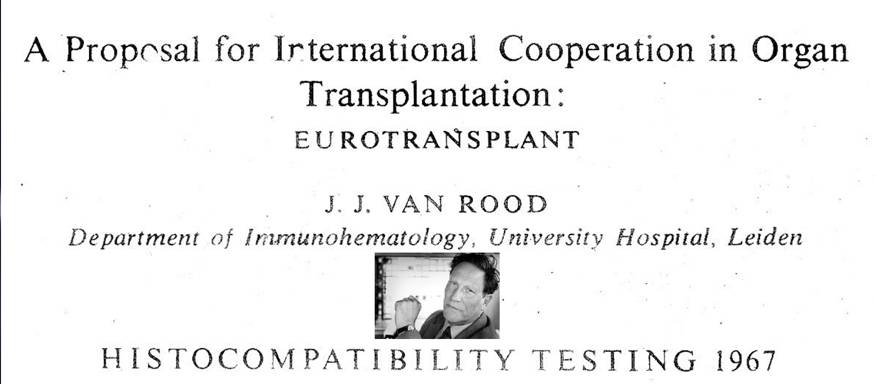
Jon van Rood sets up Eurotransplant
Dr Jon van Rood sets up Eurotransplant, a collaboration between European transplant centres. Because the larger the network, the greater the likelihood of a match between donor and recipient. Belgium is the first to participate. After this, another seven European countries join. At first, only kidneys are exchanged, later other organs are added to the list. Since its founding, over 187,000 patients have received an organ via Eurotransplant.
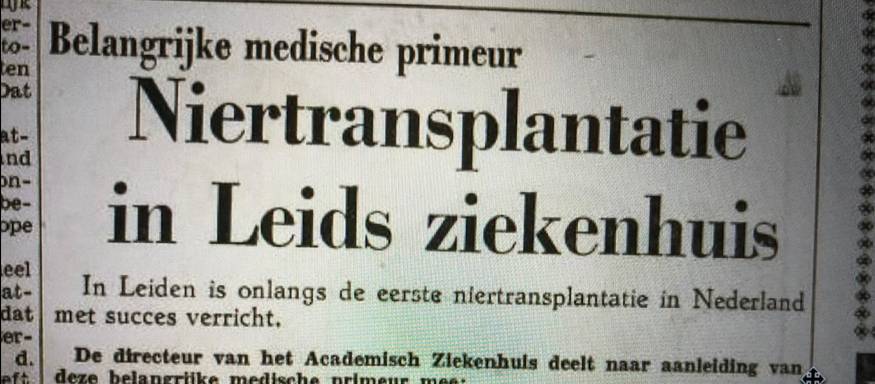
First successful kidney transplantation
Leiden has another first: the first successful kidney transplantation. A mother donated a kidney to her son. In that same year, the first liver transplant also took place in Leiden, unfortunately without success. Kidneys and livers were already being transplanted in other western countries at the time. Rejection of the donor organs was a major problem. Jon van Rood discovers that kidney transplants have a higher success rate if the tissue types of the donor and recipient match.
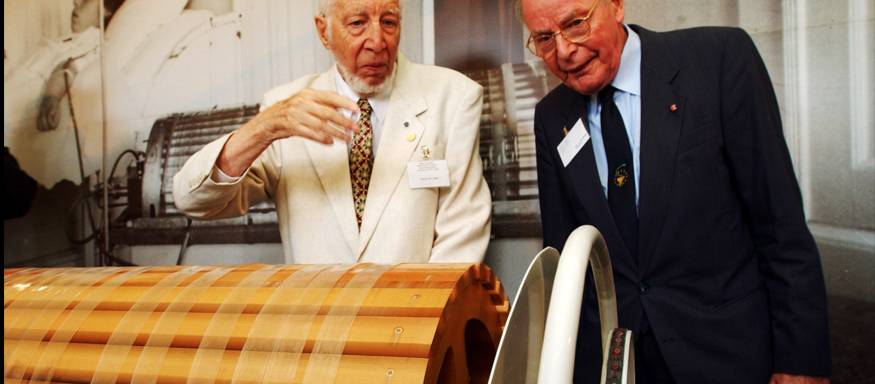
First successful haemodialysis
Dr Kolff, born in Leiden, is the first to successfully treat a patient with haemodialysis.
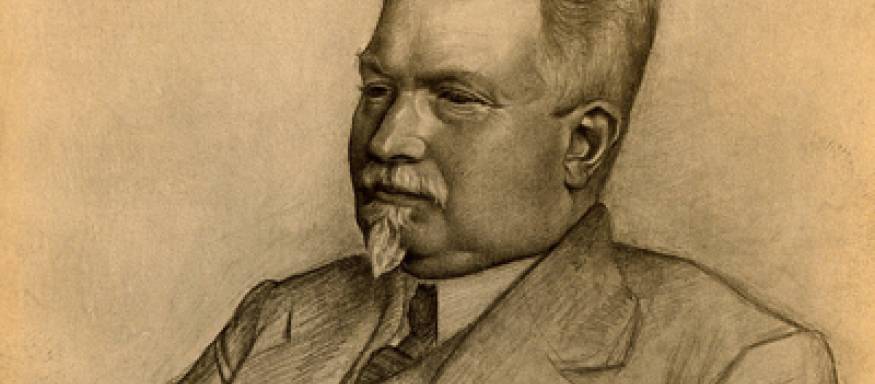
First kidney transplantation
Prof Dr J.H. Zaaijer performs a kidney transplantation on his dog Piet. He moved the left kidney to the left groin and removed the right kidney. After this, the dog lived for another 6 years. In doing so, Zaaijer set an absolute record for the time.
